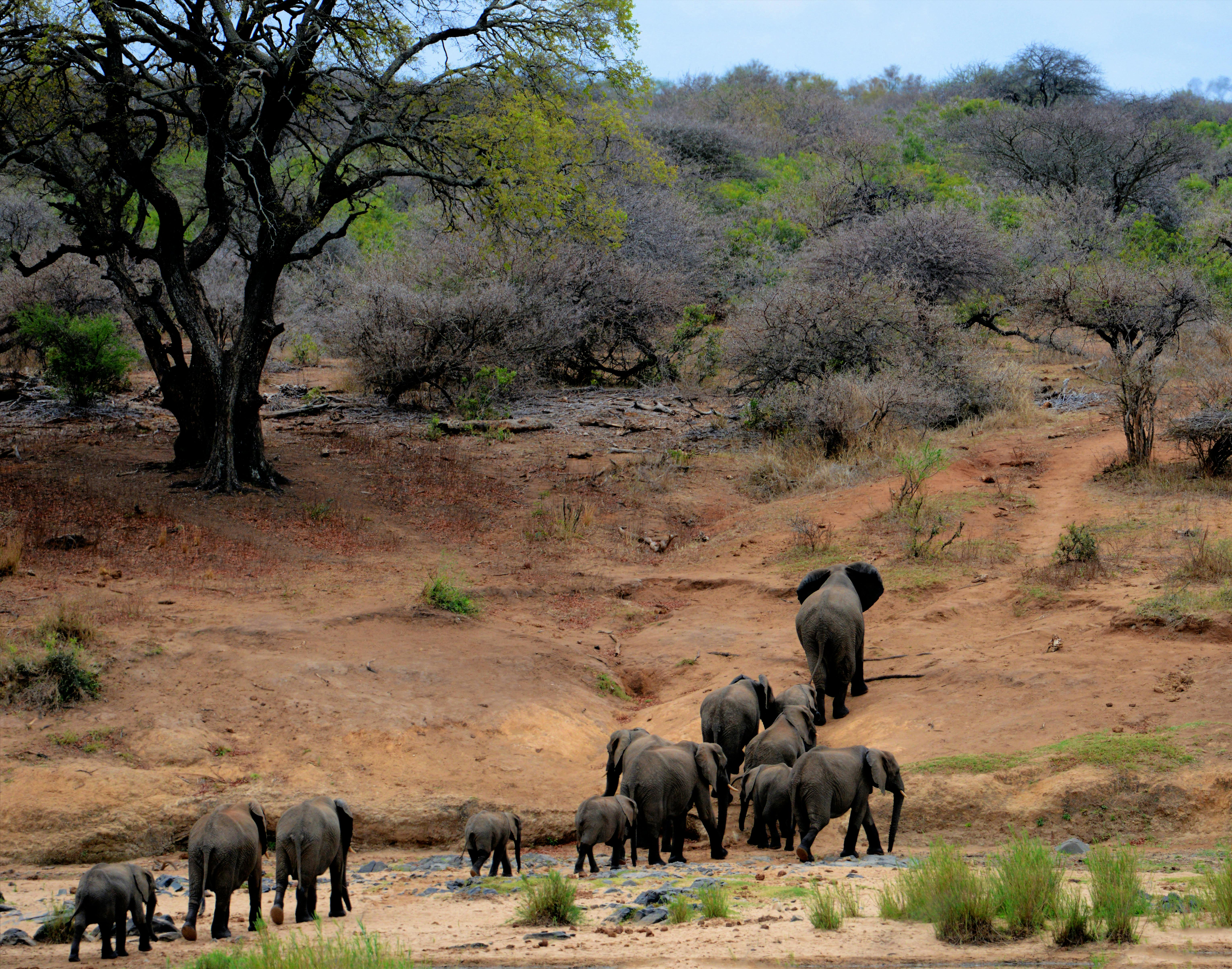Womens In Conservation
Elephants are an iconic species in Tanzania, playing a vital role in maintaining the ecological balance of their habitats. However, elephants in the country face significant threats, including poaching for ivory, human-elephant conflict (HEC), habitat loss, and fragmentation. These challenges have led to a steady decline in elephant populations, making urgent conservation efforts essential.The Elephants are classified by IUCN red list as endangered group of animal and the keystone species to the ecosystem.

Elephant
Recognizing the importance of elephant conservation, WICO has established an Elephant Conservation Program to address the diverse threats faced by elephants in Tanzania. The primary focus of this program is to mitigate human-elephant conflict among them , protect elephant habitats, and promote harmonious coexistence between elephants and local communities. This initiative involves community engagement, research, and monitoring to create a conducive environment for elephants to thrive. WICO aims to involve local communities in the conservation process, raise awareness, and utilize innovative technologies to monitor and protect elephant populations.
Mitigating Human-Elephant Conflict through Community Engagement, Serengeti National Park (2025/2026)
Human-elephant conflict (HEC) is a pressing conservation and livelihood challenge in Tanzania, particularly in communities near protected areas like Maswa Game Reserve in the Simiyu region. Elephants frequently raid crops, destroy food stores, and damage infrastructure, jeopardizing local livelihoods and, in extreme cases, causing injuries or fatalities. In retaliation, affected communities often resort to lethal measures, further threatening elephant populations. Despite numerous efforts, sustainable and community-focused solutions remain limited.
The project was implemented in partnership with the Tanzania Wildlife Research Institute (TAWIRI) and Supported by the Grumeti Fund, this project seeks to address the underlying drivers of human-elephant conflict through a community- centred approach. It will begin by conducting assessments in affected villages to better understand the patterns and causes of crop destruction and elephant-related incidents. Building on these insights, the WICO team will engage with local farmers and stakeholders to co-develop practical strategies that reduce conflict and promote coexistence.
Ultimately, the project aims to strengthen wildlife conservation, foster community resilience, and improve local attitudes and perceptions toward elephants, laying the foundation for long-term harmony between people and nature